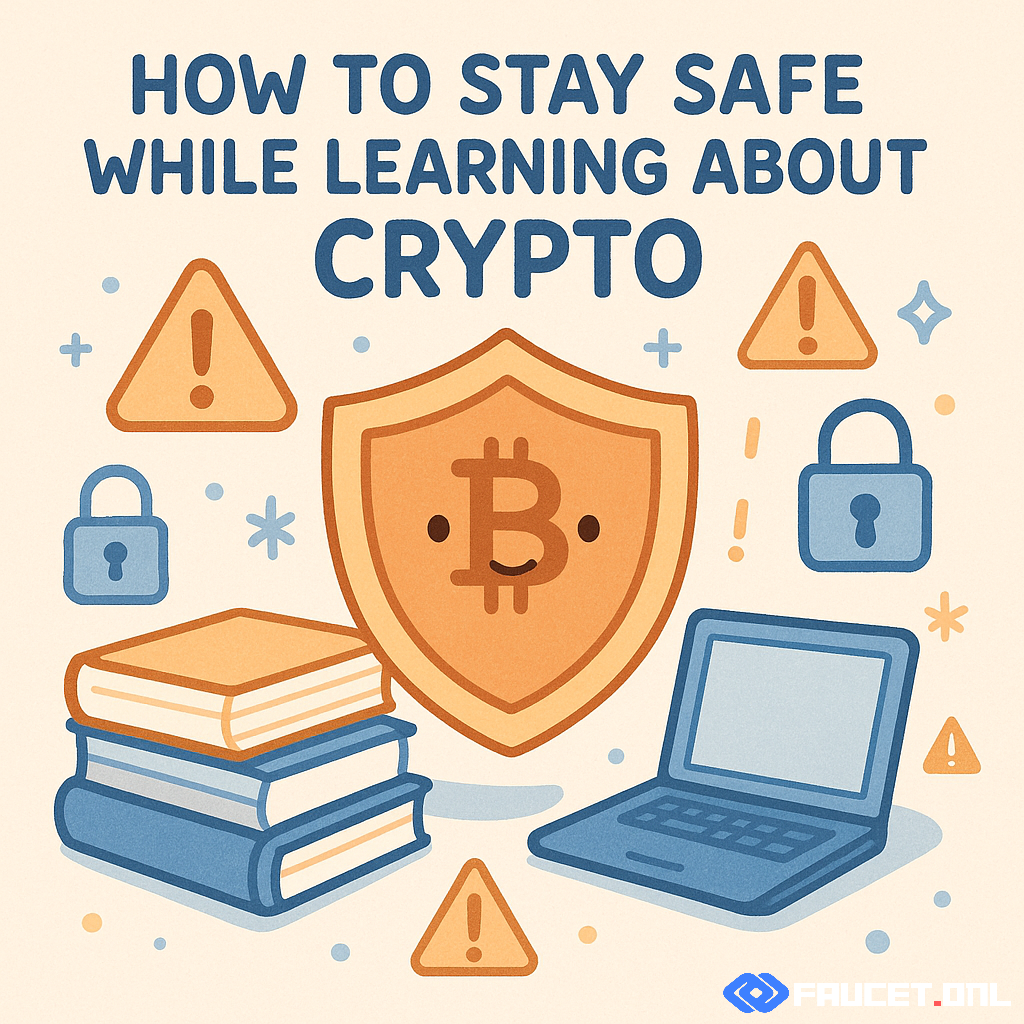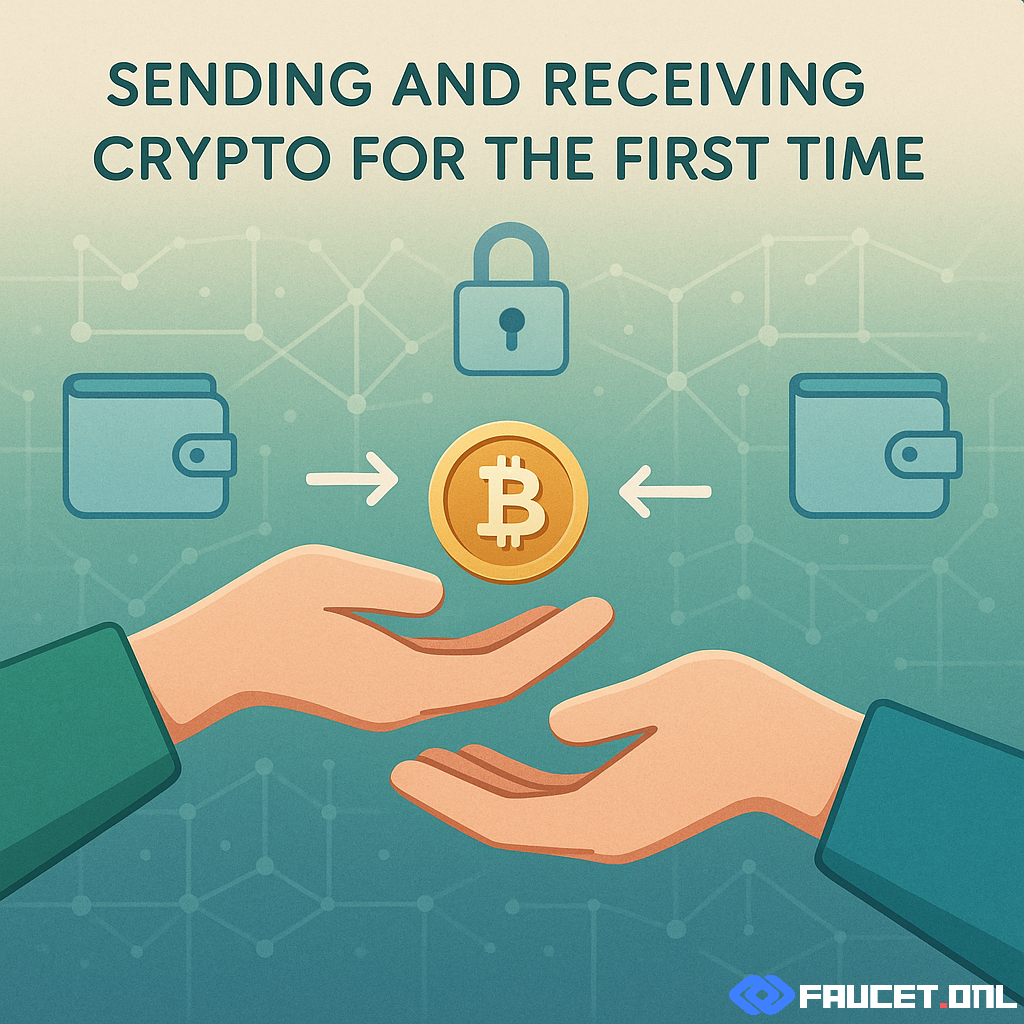Staying Cautious: Why Safety Comes First
Learning about crypto opens new doors, but it also exposes you to unique digital risks. The decentralized and fast-changing nature of crypto means you are often responsible for your own security. While curiosity is your greatest asset as a learner, it’s also what scammers target most. Recognizing this from the start can save you trouble down the road.
Essential Habits: Basic Protections for Every Learner
Before diving deeper into cryptocurrencies, practice these simple but effective habits:
- Use strong, unique passwords for all crypto accounts and change them regularly.
- Enable two-factor authentication (2FA) wherever possible.
- Store recovery phrases and private keys offline, never in emails or cloud notes.
- Bookmark official websites and double-check URLs before logging in.
- Start with trusted educational resources—avoid unknown forums or social media groups at first.
Recognizing Trouble: Common Risks in the Crypto Space
Crypto can feel like the Wild West, with new threats always emerging. Stay alert to these frequent dangers:
- Phishing scams: Fake sites and emails try to steal your login info or keys.
- Pump-and-dump schemes: Promoters hype worthless coins, then disappear with the profits.
- Fake giveaways: Scammers pretend to offer free crypto in exchange for your details or a “small fee.”
- Imposter support: Fraudsters pose as customer service to steal your funds.
- Malicious apps/extensions: Unverified downloads can contain malware designed for theft.
Smart Exploration: Safe Ways to Learn and Engage
You can enjoy discovering crypto while keeping risks low. Here’s how:
- Stick to well-known educational platforms like CoinGecko Learn, Binance Academy, or reputable YouTube educators.
- Never share your private keys, seed phrases, or passwords with anyone—even if they claim to help you.
- Test with tiny amounts when trying new wallets or apps; never risk more than you can afford to lose.
- Ask questions in established communities (such as official Discords or Reddit forums) and be wary of unsolicited DMs.
- Keep your devices updated and install a good antivirus program.
Quick Safety Checklist for Beginners
- ? Strong, unique passwords and 2FA activated
- ? Recovery phrases written down and stored offline
- ? Official sites bookmarked and verified
- ? Never share private info with strangers
- ? Start small and move slowly with real funds
- ? Trust your instincts and double-check before clicking links
Staying safe while learning about crypto doesn’t require advanced skills—just good habits and a healthy dose of caution. The crypto space can be welcoming and rewarding, especially for those who prioritize their own security from day one.



